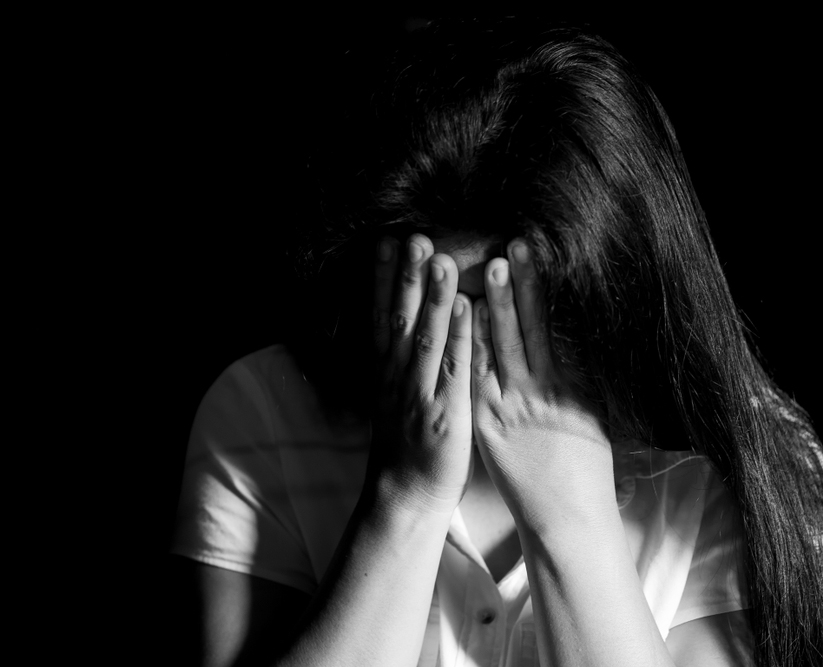The need to correct a perceived imbalance may lead to others. Prompted by the increase and spread of sexual violence against women, laws against them were sharpened and conditions laid down for their implementation. But in the anxiety to ensure justice for women, the full implications of the procedure may not have been obvious. Sexual offences are a particularly sensitive issue. While it is true that an Indian woman is likely to suffer socially if she is known to have survived rape, the stigma does not attach any the less firmly to a man known to have been accused of it. In the age of heightened media exposure and the ubiquity of social media, naming and shaming — as in the MeToo movement, for example — become all too easy.
Therefore the Supreme Court’s notice to the Centre on a plea requesting the protection of the identity, reputation and integrity of the accused person till he is proven guilty is an important step. It restores balance. If it is agreed that the identity of the accused should be protected like that of the survivor, as directed by the Vishakha guidelines, then Section 228A of the Indian Penal Code has to be expanded to include a penalty for anyone who exposes the name of the accused before the case is concluded. In the case of serious sexual offences, a person declared innocent by the court may still find his reputation destroyed if his name had appeared in the media. The petitioners mentioned cases in which the people found innocent by law have ultimately committed suicide because of the shame of having been named as a sexual offender. The problem is rooted in social attitudes that begin by overlooking men’s sexual offences and condemning women who have been sexually preyed upon. The law tends to compensate for such injustice. Since laws are made by legislators who have been voted to power, it is not surprising that they should wish to be seen offering salvation in the face of social evils. A similar situation arose with Section 498A of the IPC. This anti-dowry law was expected to put under arrest the entire in-law household upon complaint of a dowry death. It is, though, truly difficult to find the golden mean. Given the low rate of conviction for sexual crimes, the protection of identity for the accused till proven guilty may, again, have a negative effect in the long run. But the logic that drives justice should ensure that the identity of the accused is treated in the same way as the survivor’s until the case has ended.













